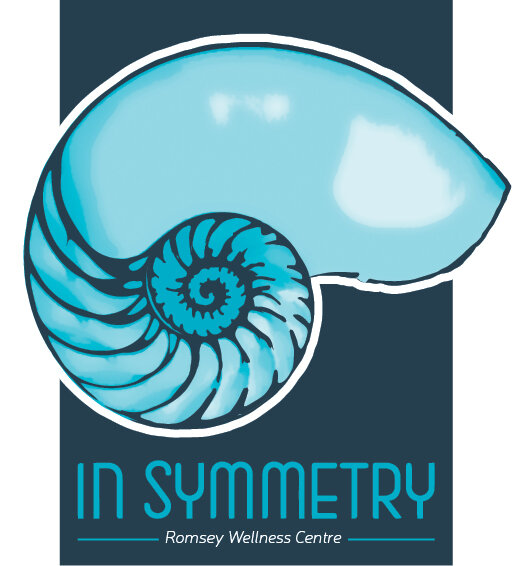UNVEILING THE POTENTIAL BENEFITS OF ADHD TREATMENT WITH ACUPUNCTURE & CHINESE MEDICINE
Written by Chris Eddy (Chinese Medicine Practitioner)
Attention Deficit Hyperactivity Disorder (ADHD) is a neurodevelopmental condition affecting millions of people worldwide. While conventional treatments like medication and therapy are commonly employed, alternative approaches such as acupuncture and Chinese herbs are gaining recognition for their potential benefits.
We will explore how these traditional Chinese practices may provide a holistic and complementary approach to managing ADHD symptoms.
1. Balancing Qi and Improving Focus:
In Traditional Chinese Medicine (TCM), ADHD is seen as a manifestation of imbalanced Qi, the vital life force that flows through the body. Acupuncture, a practice involving the insertion of thin needles into specific points on the body, aims to restore the flow of Qi and rebalance the body's energy. By stimulating certain points, acupuncture may help regulate the nervous system, enhancing focus and attention span in individuals with ADHD.
2. Calming the Mind and Reducing Hyperactivity:
Chinese herbs, a key component of TCM, have been used for centuries to address various health conditions, including ADHD. Certain herbs, such as Ginkgo biloba and Poria cocos, are known for their calming properties and their ability to promote mental clarity. These herbs can help reduce hyperactivity and impulsivity, enabling individuals with ADHD to achieve a greater sense of calm and control.
3. Minimizing Side Effects:
One notable advantage of acupuncture and Chinese herbs is their potential to minimize the side effects commonly associated with conventional ADHD medications. Stimulant medications, such as methylphenidate, often come with side effects like loss of appetite, sleep disturbances, and mood swings. In contrast, acupuncture and Chinese herbs are generally well-tolerated and have a lower risk of adverse effects. This makes them an attractive option for individuals who prefer natural and non-invasive treatments.
4. Holistic Approach to Well-being:
TCM emphasizes a holistic approach to health, treating the mind, body, and spirit as interconnected entities. ADHD is seen as a multifaceted condition, and acupuncture and Chinese herbs address not only the symptoms but also the underlying imbalances that contribute to ADHD. By focusing on the overall well-being of the individual, these practices may support long-term improvements in attention, behavior, and overall quality of life.
If you are interested in chatting to us about our experience in treating ADHD and what to expect in a consultation, feel free to call or email our friendly reception team or book line below.
If you would like to book an appointment with Chris you can call the clinic on (03) 5429 3610 or book online by clicking the link below.


